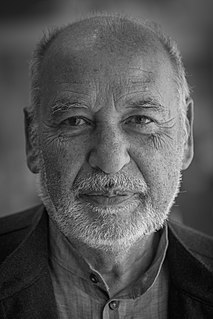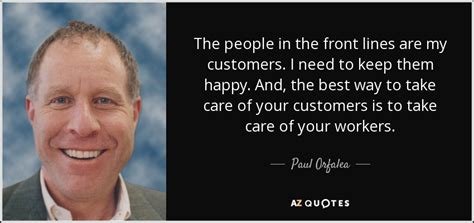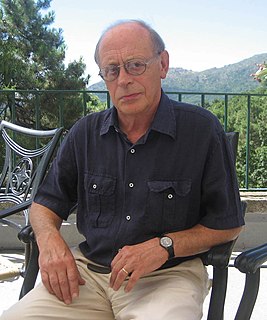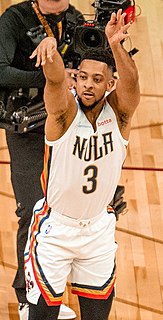A Quote by Tahar Ben Jelloun
At 21, I discovered repression and injustice. The army would shoot students with real bullets.
Quote Topics
Related Quotes
...there are at the present moment many colored men in the Confederate Army...as real soldiers, having muskets on their shoulders, and bullets in their pockets, ready to shoot down loyal troops, and do all that soldiers may do to destroy the Federal government...There were such soldiers at Manassas and they are probably there still.
There are at the present moment many colored men in the Confederate army doing duty not only as cooks, servants and laborers , but as real soldiers, having muskets on their shoulders, and bullets in their pockets, ready to shoot down loyal troops, and do all that soldiers may to destroy the Federal Government and build up that of the traitors and rebels.
Talking about winning and losing is like if you're talking about two armies fighting on two territories, which is not the case. Those [terrorists] are gangs, coming from abroad, infiltrate inhabited areas, kill the people, take their houses, and shoot at the army. The army cannot do the same, and the army doesn't exist everywhere.
I would hope that wherever I was I would be me. I have been influenced by some wonderful people who showed me that there is an integral relationship between faith and life at home. Evil is evil, repression is repression anywhere. And if it is not consistent with what one believes is God's will, then I would hope that one would be able to witness it, and there are wonderful people who do so in very great risks to themselves.
It was the last day of the shoot in Bangalore. An early morning shoot. I sat in the car. A milk truck was coming from the wrong side and it rammed into my car. The glass pieces came like bullets into my face. I was preparing for a life without cinema. I was learning how to cope up with it. Anything that happened post that was just God's gift.






































